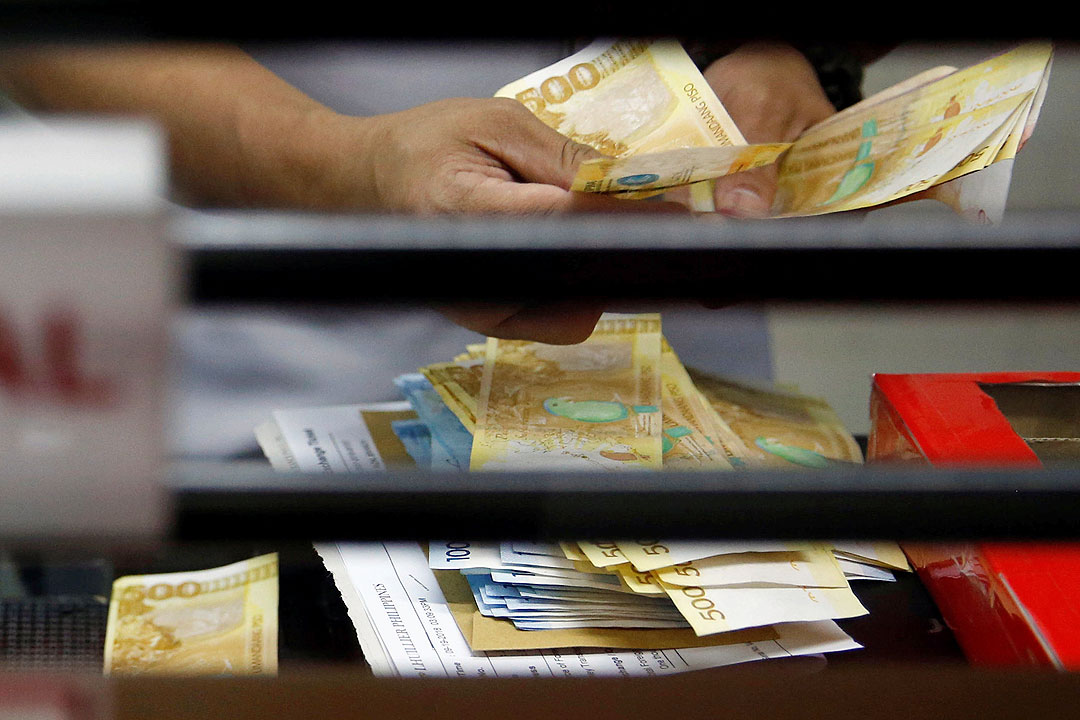Cagayan de Oro Representative Rufus Rodriguez has urged the House of Representatives to investigate the economic effects of the strengthening Philippine peso, particularly on overseas Filipino workers (OFWs), exporters, and other key sectors.
Rodriguez filed House Resolution No. 2318 on Thursday, calling for a review of the Bangko Sentral ng Pilipinas’ (BSP) monetary and foreign exchange policies in light of the peso’s recent performance. The current exchange rate hovers around ₱55.66 to the US dollar—stronger than its previous ₱57–₱58 range.
While a stronger peso may benefit importers, Rodriguez warned that it is causing significant drawbacks for OFW families and exporters. “When the peso appreciates, the value of remittances declines, reducing the purchasing power of families back home,” he explained. “This affects local consumption, which is a vital driver of our economy.”
He also cited concerns that a stronger currency could weaken the competitiveness of Philippine exports, making local goods more expensive abroad and potentially leading to lower demand and job losses. The BPO sector, another major contributor to the economy, may likewise suffer due to increased operational costs and reduced global competitiveness, Rodriguez added.
The lawmaker stressed the need to evaluate whether measures like capital controls—allowed under Section 72 of the New Central Bank Act—should be explored to mitigate the negative effects and stabilize the economy.
Rodriguez recommended that several congressional committees, including those on banking, economic affairs, OFWs, trade, and ICT, jointly conduct the inquiry. He said the goal is to craft policy recommendations that promote economic stability, protect vulnerable sectors, and ensure inclusive growth.






